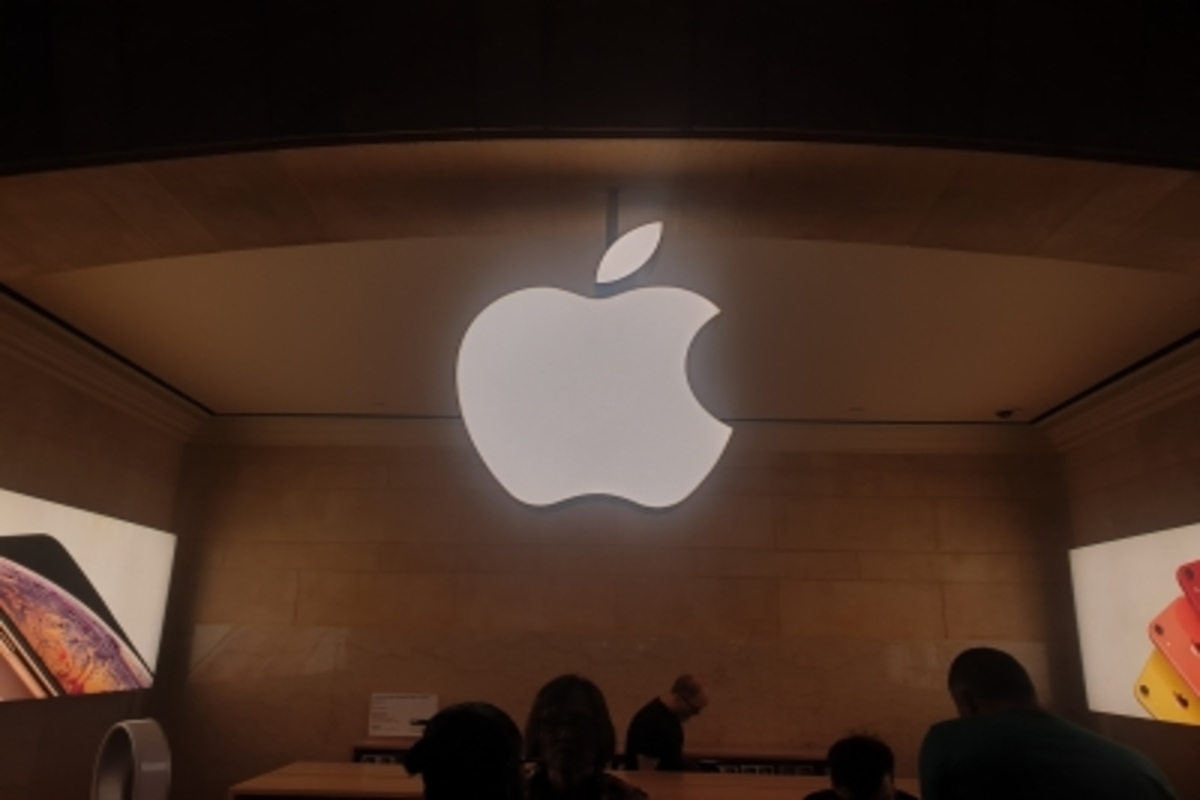China urges US to stop illegally occupying Cuba’s territory
Spokesperson Lin Jian made the remarks when asked to comment on a related query at a daily press briefing.
Workers in Zhengzhou city were seen fleeing from the Foxconn factory on foot and walking in fields and on highways as public transport was suspended as part of Covid-19 controls, reports The South China Morning Post.

Representation image (Photo : IANS)
According to media reports, Apple is facing supply chain problems in China as the workers at the Foxconn factory are scared of Covid and the lockdown.
Workers in Zhengzhou city were seen fleeing from the Foxconn factory on foot and walking in fields and on highways as public transport was suspended as part of Covid-19 controls, reports The South China Morning Post.
Advertisement
The factory in the capital of Henan province employs around 300,000 workers.
Advertisement
“Neither Foxconn, also known as Hon Hai Technology Group nor the Zhengzhou government has disclosed how many workers are leaving or are in quarantine,” the report mentioned.
The development could slow the production of Apple’s flagship devices in the coming months.
According to Foxconn, it has set up seven pickup points for workers leaving the campus.
“Local authorities in other cities in Henan, where many Foxconn workers come from, have also rushed to arrange coaches to take people home,” according to the report.
Famed Apple analyst Ming-chi Kuo posted on Twitter that more than 10 per cent of the global iPhone production capacity is currently affected as Foxconn’s Zhengzhou factory suddenly entered a closed-loop production without warning.
However, said Kuo, this situation has not changed the current iPhone supply chain shipment forecast.
“Foxconn’s production capacity will gradually improve within a few weeks and there should be a limited impact on iPhone shipments in the fourth quarter,” the analysts mentioned.
Foxconn, however, denied rumors that several workers had contracted Covid-19.
Zhengzhou city has imposed a semi-lockdown on its 10 million residents.
Apple earlier faced disruptions to its supply chain due to China’s strict “zero-Covid” policy, especially during the two-month lockdown in the key manufacturing centre of Shanghai earlier this year.
Advertisement